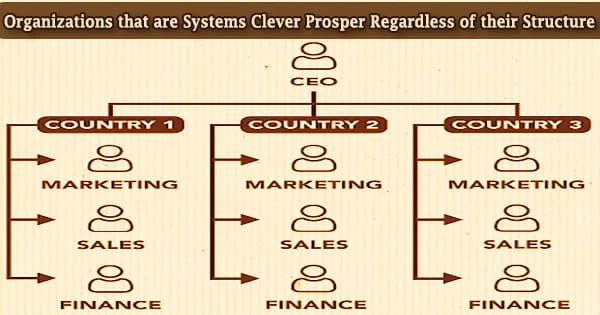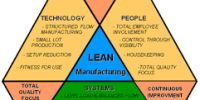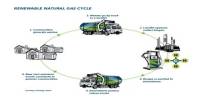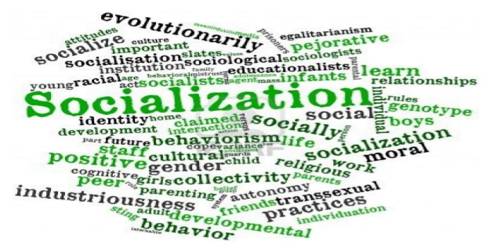Is it a matrix, a process, or something else entirely? According to a study conducted by doctoral student Juha Törmänen, Professor Esa Saarinen, and Professor Emeritus Raimo P. Hämäläinen, based on a survey of 470 British and US citizens in 2018-2019, the structure of an organization has little bearing on its success as long as there is systems intelligence.
A lot of firms are continuing to use intelligent information technology to boost efficiency. While much progress has been achieved, a number of concerns related the design and implementation of multi-agent systems to promote organizational efficiency remain unsolved.
Saarinen and Hämäläinen used the term “Systems Intelligence” to describe a notion that combines human sensibility with engineering thinking and considers the entire interaction between people and their surroundings. Through systemic observation, attitude, contemplation, positive engagement, attunement, passionate discovery, smart action, and successful responsiveness, it evaluates individuals and organizations.
The researchers determined how well these various aspects of Systems Intelligence explained the performance of a business.
“A systems intelligent organization is successful. By its nature, a systems intelligent organization is also one that is capable of learning and development. The employees of a systems intelligent organization have models of behavior and action, which enable learning,” Törmänen says.
Employees made up around 60% of the responses, with managers and leaders accounting for 40% of the total. The respondents rated their firms’ challenges based on whether or not their employees are friendly and tolerant of one another, and if they bring out the best in others.
Organizational Efficiency via Intelligent Information Technologies examines many elements of intelligent technology design and development by bringing together the most recent research in disciplines such as information systems, intelligent agents, collaborative works, and more. This resource also includes information about agent-based problem solving, as well as economic and organizational implications.
The Dimensions of the Learning Organization Questionnaire (DLOQ), the most often used scale for evaluating learning organizations, was compared to the Systems Intelligence metrics. The questionnaire included questions from both metrics at random.
Additionally, respondents were asked to select one of 10 alternatives for how successful the firms they represent are in their respective professions. According to the findings, Systems Intelligence and the DLOQ are roughly similar in their ability to explain an organization’s performance.
A systems intelligent organization is successful. By its nature, a systems intelligent organization is also one that is capable of learning and development. The employees of a systems intelligent organization have models of behavior and action, which enable learning.
Törmänen
A responder who rates the company as successful, giving it the highest rating, usually gives it better points in both the Systems Intelligence dimensions and the other categories of the DLOQ.
“Systems Intelligence does not depict any structural features of the organization only human activity. People are the key to the success of an organization,” Törmänen says.
Attunement suffered in coronavirus period
Attunement is a component of Systems Intelligence that defines interpersonal interactions and the capacity to link them. Törmänen argues that during the coronavirus era, when work was mostly done through meetings from a faraway place with no casual talks, people’s attunement may have decreased.
Meanwhile, systemic perception aids in the examination of one’s own organization’s system. It is feasible to examine if anything that was previously available has gone lost throughout the coronavirus time using various dimensions.
In this approach, despite the adversity, the organization’s basic characteristics may be preserved. According to the findings of the study, Systems Intelligence can better explain an organization’s performance in particular industries, such as banking and insurance.
However, more research is required. Intelligent operating models for systems tend to be particularly relevant in businesses that do mental labor.
Since 2004, researchers have been studying systems intelligence. Törmänen attempted to assess Systems Intelligence and its variables in his Ph.D. research.
A list of 32 assertions was established in research released in 2016 with the goal of describing systems intelligent action by persons. In this new study, the same procedure was used, but the focus was on the organization rather than the person.
Systems Intelligence is also needed in good management.
“Our third study, which will soon be published, had only a handful of cases in which a successful leader would not have been described as having systems intelligence. Systems Intelligence appears to be a precondition for a leader’s success,” Törmänen says.
















